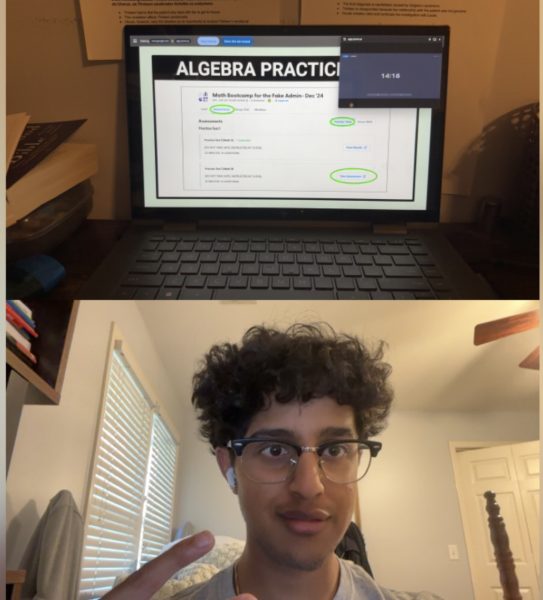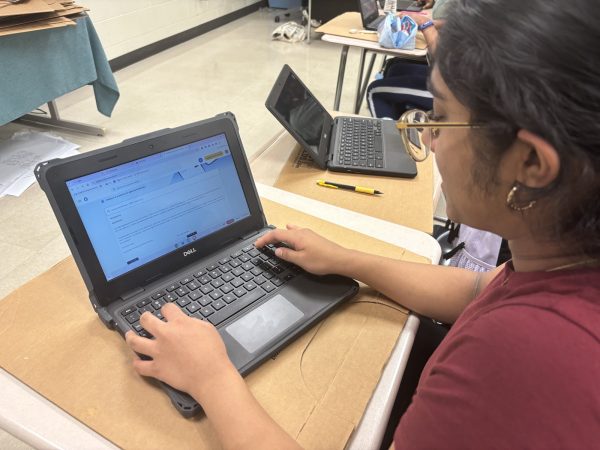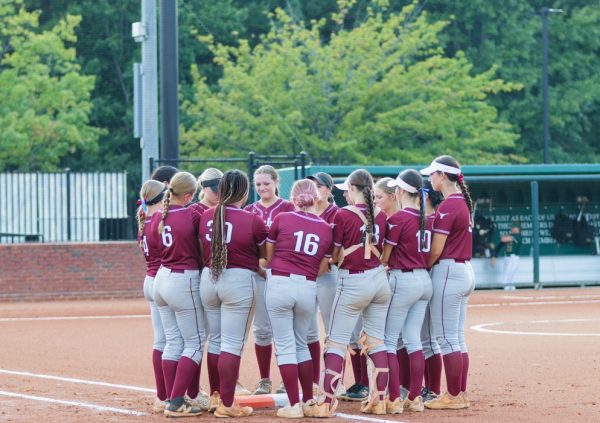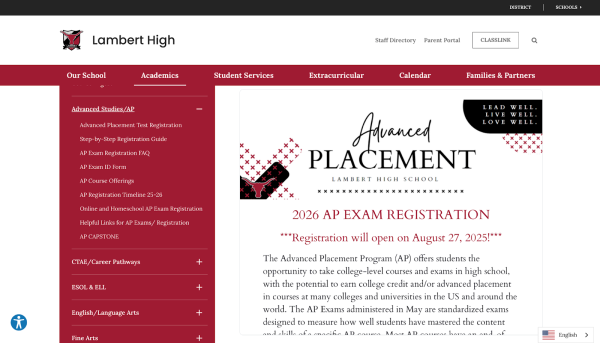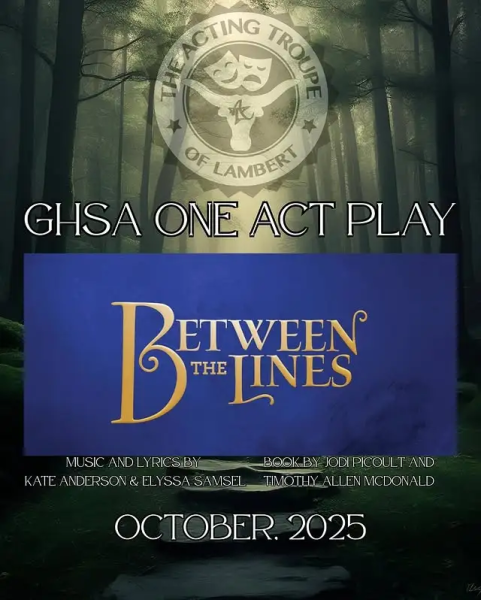Student Journalism and Censorship

Sign held up at a protest calling for free journalism. Taken from a CNN article published February 26, 2021. (RITTA PEDERSEN/DPA/DPA/AFP via Getty Images)
In today’s crazed realm of polarizing news, misinformation and agenda-driven media, the refreshing voices of student journalists help provide a clear and timely perspective on events that matter to them. However, under restrictive legislation, such as the Hazelwood v. Kuhlmeier court decision of 1988, as well as the overbearing regimes of many schools’ administration teams, the news programs of numerous schools have been heavily censored or even shut down for writing about topics deemed ‘controversial’. This also allows higher-ups to encroach upon students’ First Amendment rights under the banner of educational jurisdiction. In this age of media censorship, especially at the school level, it is crucial that these student journalists are given more freedom to report without harsh consequences, and that the ability of schools to censor their work is reevaluated in the context of student free speech.
Censorship at the high school level is primarily spurred by the aforementioned Hazelwood case and its resulting effects on student free speech. Essentially, this Supreme Court decision gave schools increased power to block content published through school-sponsored mediums, including school newspapers and yearbooks. Under the law, schools only have this ability when the content is disruptive to the learning environment or poses a substantial threat to student wellbeing. However, schools misuse this power to censor anything they feel threatens their image or may cause ‘controversy’. In order to understand how efforts can be made to prevent such abusive action, one has to analyze and learn from these events that have unfortunately transpired in schools nationwide.
Numerous incidents show just how harsh and unreasonable censorship often is to student journalists seeking to perform their job as dutiful reporters. For instance, take the story of the KOUG TV student news program at Capital High School, Washington, where students’ free speech rights were blatantly infringed upon after seemingly inconsequential events. The real issue began during a student interview with the Executive Director of Operations when the latter was questioned about a lack of soap in school restrooms. Following this, administrative displeasure over the ‘tone’ of the freshman interview led to unjustified loss of bus and cafeteria privileges as well as heavy retaliation against the program as a whole. Here, the school used the pretense of a so-called scrutinizing interview to not only censor the piece, but also revoke student privileges for merely demanding change through their writing. It is a primary expectation of student journalists that they report on school and community issues, but when obstacles arise, it shows a complete disregard for basic student press freedom. This violation of student rights illustrates the dismal state of free media in America’s high schools, and these students are just some of the many aspiring voices that are being suppressed for writing about what matters to their communities. Similarly, unjust controversies have taken place in Grand Island, Nebraska, as well as at a prominent journalism magnet school in Los Angeles, casting serious doubt over the power schools wield over what should and shouldn’t be read by students.
Such limitation of student freedom has severe impacts on their rights to free speech and expression. The threat of censorship is an extremely potent problem for this age group, and while some may not be aware of how it impacts them, many students at Lambert expressed serious concerns over the issue. In fact, when asked about student free speech, student responses were heavily in favor of a reevaluation with respect to the extent of schools’ editorial jurisdiction. They also emphasized the right of students to freely express their views in school-sponsored media.
“I think that’s [the school’s actions during the Grand Island incident] completely unfair because everybody has a right to their own opinion, and especially in this scenario, they were supporting what they felt, not going against what another person felt,” an anonymous sophomore at Lambert said. “If you’re not hurting somebody in what you’re doing, I think you have a right to it.”
Schools’ broader rights to censor student media are clearly being abused by these institutions in order to avoid healthy conversations and debate, especially when it comes to topics that pertain deeply to communities. Rather than use their Hazelwood-granted power to prevent truly disruptive content, they are utilizing it for the means of shutting down anything and everything that may be seen as ‘controversial’ or spark potential change, no matter how beneficial this change may be.
“If students are trying to express an opinion or a belief, just because a school may not agree with said belief does not mean the school has the right to shut down the student’s opinion and proclaim that it is ‘not safe’ for the student environment,” sophomore Samarth Agarwal said.
It is clear that many schools and administrators all over the country are using their powers as a curtain of sorts, hiding behind this veil of ‘righteous’ educational supervision to often avoid facing the harsh realities presented by these student journalists. By allowing schools to maintain the same extent of power, the First Amendment rights of these students are hampered, and the dissemination of information that matters is also restricted. This issue needs to be addressed at all levels and by all parties concerned with student press freedom, and for you, me, and the student body of Lambert, that starts with our school and the community around us.
To put this into perspective, Lambert has relatively stringent regulations on school-sponsored media channels in comparison to other schools across the district and even the state, but the idea that censorship could take hold at any time still holds true. For one, South Forsyth High School (SFHS) mandates that all student articles all go through administrative review before being published, illustrating how evidence of encroachment on student free speech can be found at our very doorstep. As for the state as a whole, Georgia does not afford increased protection to student journalists, meaning that their work is liable to be shut down under the Hazelwood set of policies. Additionally, the school journalism standards for the state of Georgia establish Hazelwood-style censorship as an innate part of advisers’ roles, which sets the inherent expectation that censorship of student work is a normal part of the editorial process. This looming threat could strike anywhere at any time, and as students, it is essential to have awareness of the dangers of censorship at the school level. By educating ourselves and others about our rights to free speech and press, and learning about what we can do to advocate for student censorship protection, the ability of student journalists to do their duty as impartial reporters can be preserved for the benefit of the community we live in. Under Hazelwood, schools have imposed a veritable reign of terror upon students merely trying to highlight issues significant to the world around them, but with the right efforts, action can be taken to create a more protective environment for students and student journalists alike.
Your donation will help support The Lambert Post, Lambert High Schools student-run newspaper! Your contribution will allow us to purchase equipment and cover website hosting costs.



